Diana Davis Spencer Partnership for a Sustainable Maine
Through a generous grant from the Diana Davis Spencer Foundation, the Senator George J. Mitchell Center for Sustainability Solutions is providing invaluable support for twelve Diana Davis Spencer Scholars to conduct research on two sustainability projects designed to help develop skills in entrepreneurship, teamwork, leadership and problem-solving.
While one group of Diana Davis Spencer Scholars continues to work on the “Strengthening Coastal Economies” project begun last year, a new group of six Scholars has just been selected to develop collaborative projects focused on food waste reduction in Maine. Additional funding from UMaine’s Interdisciplinary Undergraduate Research Collaborative (IURC) is also helping support food waste research by these Scholars.
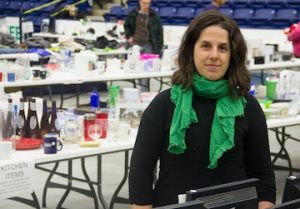
Brie Berry, a Ph.D. student and one of the new Diana Davis Spencer Scholars, has previously worked on solid waste management projects in New York City and Africa. Brie is serving as coordinator for a team of five undergraduate Scholars. One of the team’s first accomplishments was the launch of the Community Waste Toolkit—a web platform showcasing best practices for waste reduction in Maine. Based on previously conducted interviews and outreach with stakeholders from across the state, the Community Waste Toolkit connects knowledge to action by sharing effective strategies for waste reduction with a broad audience.
As members of the Materials Management team, the Scholars have already developed and successfully submitted an abstract for the University of Maine Student Symposium to be held on April 17. Their poster presentation will focus on their unique interdisciplinary approach to examining and reducing food waste. The students and their faculty mentors will also participate in the Maine Resource Recovery Association’s Annual Meeting on April 23-24, an event that brings together waste management professionals from across the state.
Notes Berry, “The students have made great progress so far and we’re excited to see them present their approach in the upcoming symposium. At the same time, they are working with their faculty mentors to develop individual projects that will really take off this summer.”
The 2018 Diana Davis Spencer Scholars working on the Food Waste Reduction project are:
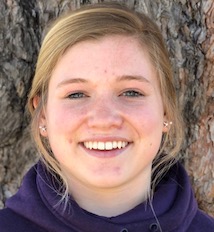
Hannah Nadeau, a freshman in the School of Nursing, is working with nursing professor Deborah Saber on the large but poorly-researched problem of hospital food waste. Her goal is to create a questionnaire for hospitals to determine how they are dealing with food waste. This questionnaire will be used to guide interviews with hospital dietary and environmental managers about the causes and potential solutions to food waste problems.
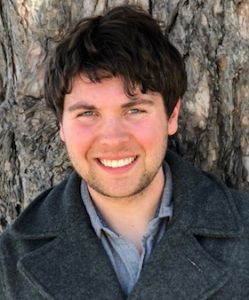
Andrew Flynn, a third-year Civil and Environmental Engineering major, is working with environmental engineering professor Jean MacRae. His project concerns anaerobic digestion of food waste in which microorganisms break down biodegradable material in the absence of oxygen, and seeks to determine what ratios of waste materials allow for the most efficient digestion process. The ultimate goal is to develop higher yields of methane gas for the production of renewable electricity.
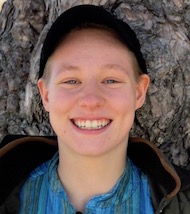
Shayla Kleisinger, a junior in Chemical and Biomedical Engineering, works with food processing professor Balunkeswar Nayak. Her research focuses on the use of biomaterials such as cellulose nanofibers in food packaging to improve the shelf life of food products. The long-term goal of this project is to reduce food waste and plastic use by incorporating biodegradable materials in the packaging.

Skyler Horton, a freshman majoring in Human Dimensions of Climate Change, is working with anthropology professor Cynthia Isenhour to study the concerns of Maine citizens about implementing food systems that minimize waste. Their project is an effort to ensure that food redistribution and waste recovery efforts address citizen’s concerns.
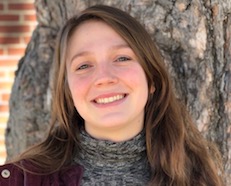
Taylor Patterson, a third-year Ecology and Environmental Science major, is working with economics researcher Travis Blackmer on enhancing the diversion of food waste. Their project focuses on efforts to create a community-based, commercially-viable composting program.
Of the experience thus far, Shayla Kleisinger says, “The Diana Davis Spencer Scholarship has been rewarding and eye-opening for me because of its interdisciplinary nature. It’s allowed us all to think outside the box, which has strengthened my own independent research and each team member’s as well.”
—David Sims
